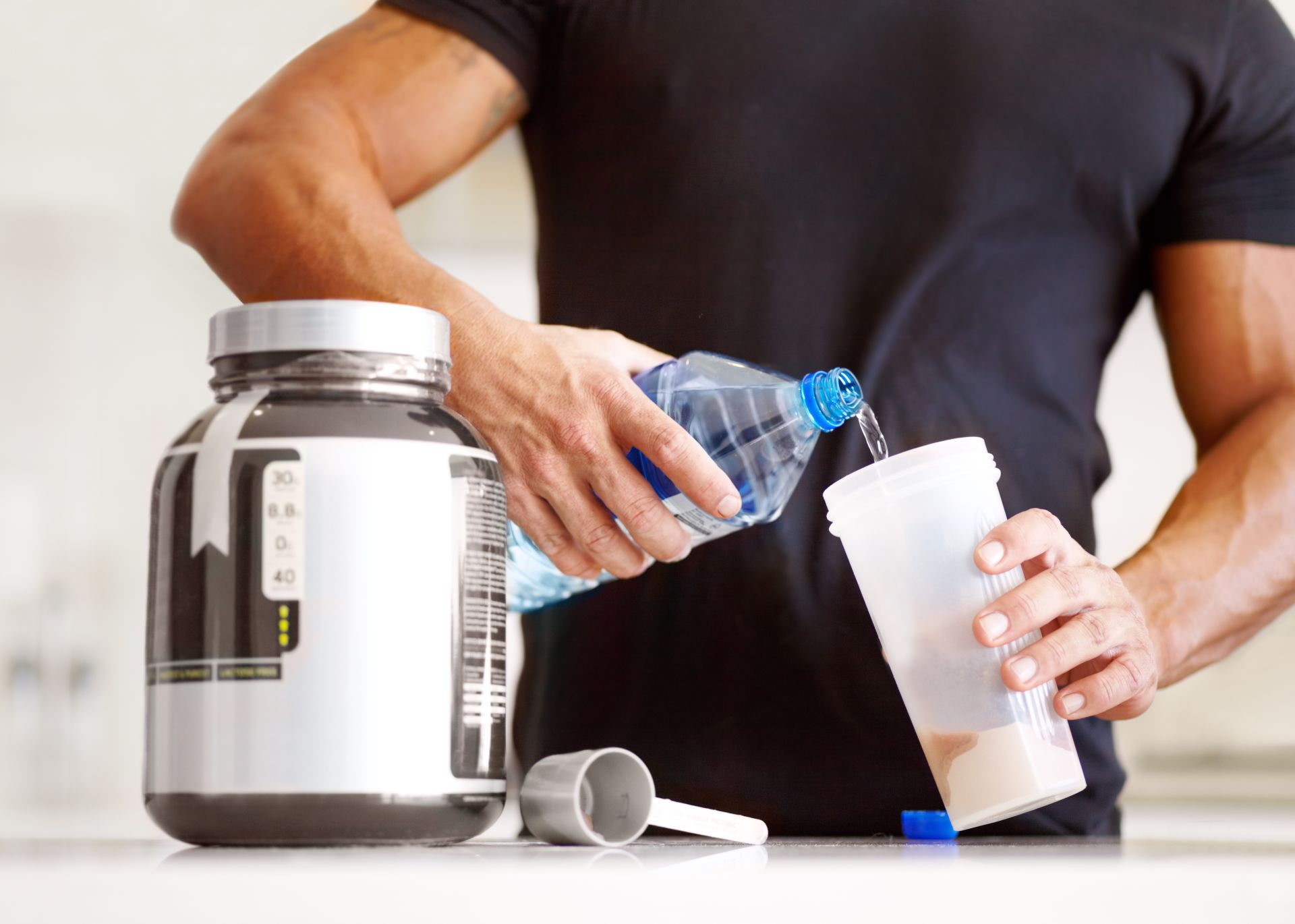How to motivate yourself - 5 proven tricks

- What is motivation?
- Goal setting the key to getting highly motivated
- How to motivate yourself - learn to appreciate small training progress
- How to motivate yourself - choose physical activity well
- How to motivate yourself - find a trainer or workout partner
- Variety and satisfaction from exercise a proven motivational trick
What is motivation?
Motivation (from Latin motivus - moving) is, in simplest terms, a series of factors that prompt a person to take a certain action. Achieving the right level of motivation is absolutely essential to making lifestyle changes in terms of diet, physical activity and sleep, and persevering with your resolutions. Knowing how to motivate yourself, therefore, helps you form health-promoting eating habits, exercise regularly, and take care of sleep, relaxation and rest. All this helps bring us closer to achieving our goal, such as a 5% reduction in body fat percentage or a 5 cm reduction in waist circumference.
Goal setting the key to getting highly motivated
The first and most important step in the process of successfully increasing motivation for long-term adherence to a healthy diet and training plan is goal setting. If we know what is really important to us and what we really care about, it is definitely easier for us to take specific actions to achieve it. Knowing our most important goals arouses intrinsic motivation, as a person then strives to satisfy his or her needs, which makes it easier to take and continue action for the sake of the content of the activity itself, rather than just the reward. According to the SMART method, the set goal should be:
-
clearly specified (e.g. I will reduce my waist circumference by 5 cm),
-
measurable (e.g. I will lose 6 kg in 3 months),
-
attractive (e.g., I will attend the gym on Mondays, Wednesdays and Fridays at 7 pm to improve physical fitness, body image and health, and strengthen my self-esteem),
-
realistic to achieve (e.g., I will lose 2 kg in one month),
-
time-bound (e.g., I will lose 3% body fat by the end of March).
How to motivate yourself - learn to appreciate small training progress
Nothing motivates you to continue your efforts more than visible training progress, such as weight loss, a reduction in waist and hip circumference, or an increase in the number of repetitions performed with a given load. That's why it's a good idea to systematically measure your body weight and the circumference of each body part and record your training progress, or even take photos of your figure every few weeks. The first visible results of our work in training and in the kitchen are a proven way to motivate ourselves to continue working on an athletic figure. In addition, a great motivation for all those who have begun regular exercise and adherence to a healthy diet, mainly due to their health problems, is not only weight loss, but also a definite improvement in many cardiometabolic parameters.

How to motivate yourself - choose physical activity well
Itis extremely important that performing a particular form of physical activity gives us great satisfaction, as this is the best and most proven trick for maintaining a high level of motivation to exercise for a long time. That's why it's important to find out what kind of physical activity gives us great fun, and then start incorporating it regularly into your weekly schedule. Exercises should be properly tailored to each person's individual needs, which will help motivate you well to achieve your goal of reducing excess body fat and improving your health. Being physically active does not have to be a compulsion at all, and it is much easier to exercise regularly when one is having fun at the same time.
How to motivate yourself - find a trainer or workout partner
Many people are able to motivate themselves to exercise regularly when they have a regular workout partner who adds support in difficult moments and encourages commitment during training. This makes it easier to persevere in your resolve to change your lifestyle to a healthier one. A great way to find motivation for regular physical activity, therefore, is to plan an active outing with a close friend/friend, family member or colleague. This can make the planned physical activity each week associated with the pleasure that comes from good company. Another way to be highly motivated to exercise is to join group activities, which can trigger a natural desire to compete and spur people to take up physical activity. Also motivating can be regular training with a qualified personal trainer or instructor, who will properly tailor an exercise program to our needs, point out the mistakes we make when exercising, and encourage us to meet regularly.
Variety and satisfaction from exercise a proven motivational trick
The vast majority of us do not like training monotony, that is, performing the same exercise program for a long period of time (e.g., several months). That's why it's so important to make even small changes from time to time to add variety to your training plan, increase your satisfaction with the exercises you perform and motivate yourself to continue following the guidelines. It is a good idea to change the set of exercises (strength and cardio), the number of repetitions performed, the weight, the pace and the duration of the interval between series every few weeks to keep the motivation level high. In addition, it is also worth adjusting the volume and intensity of training according to your psycho-physical well-being, as strenuous exercise when the body is overly fatigued can negatively affect further motivation to undertake physical activity, especially at high intensity.
Sources:
-
Clancy RB, Herring MP, Campbell MJ.: Motivation Measures in Sport: A Critical Review and Bibliometric Analysis. Front Psychol. 2017 Mar 9;8:348.
-
Lautenbach F, Leisterer S, Walter N, et al: Amateur and Recreational Athletes' Motivation to Exercise, Stress, and Coping During the Corona Crisis. Front Psychol. 2021 Jan 27;11:611658.
-
Leyton-Román M, de la Vega R, Jiménez-Castuera R.: Motivation and Commitment to Sports Practice During the Lockdown Caused by Covid-19. Front Psychol. 2021 Jan 11;11:622595.
-
Schmid MJ, Charbonnet B, Conzelmann A, et al: More Success With the Optimal Motivational Pattern? A Prospective Longitudinal Study of Young Athletes in Individual Sports. Front Psychol. 2021 Jan 20;11:606272.
-
Kovács KE, Kovács K, Szabó F, et al: Sport Motivation from the Perspective of Health, Institutional Embeddedness and Academic Persistence among Higher Educational Students. Int J Environ Res Public Health. 2022 Jun 16;19(12):7423.
 ⮜ Previous article
⮜ Previous article
Adaptogens in Chinese medicine - what are the benefits?
 Next article ⮞
Next article ⮞